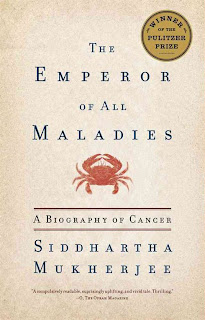JONATHAN FRANZEN Crossroads ****The latest novel from 'Great American Author' Jonathan Franzen.
It's long (nearly 700 pages) and incredibly intense, with every character's thoughts, feelings and actions analysed and questioned. It's not an easy read, but it was worth it and it will stay with me for a long time.
Set in 1971 and 1972 it's the story of the Hildebrand family. Russ is associate pastor of a suburban church on the edge of Chicago. Then there's his wife, Marion, 20-year-old college student Clem, 18-year-old Becky, 16-year-old Perry and 10-year-old Judson. Each chapter takes the story on from the point of view of one of them (except Judson).
Each of them is trying to break free in their own way. They've reached a crossroads in their life.
Russ's 'career' in the church is getting nowhere and he hates the youth minister, Rick. Under Rick's leadership the youth group, Crossroads, is flourishing. But it's yukkily touchy-feely and all about 'honest interactions', earnest eye contact and 'personal growth'. Russ loathes it - especially when his three older children get involved. What's more his marriage is breaking down and he's lusting after a flirty young widow. But he's a Christian, so he feels guilty all the time.
Marion, who at first appears to be a middle-aged doormat of a woman, has had enough of it all and wants out. Unbeknown to anyone else she's got a racy and very sad past and wants more from life.
Clem hates the Vietnam war, and as a student he's been able to avoid being called up. But he hates that too - why should he, a middle-class kid, be able to keep himself safe while black working-class boys are being killed ever day? So to the horror of his girlfriend and family, he writes to say he no longer wishes to be deferred from military service and drops out of college.
Beautiful Becky is the social queen of her high-school class, while at the same time remaining quite aloof. She experiences a sort of conversion - but it doesn't make her the nicer person she wants to be.
Perry is brilliant but heavily into using and selling drugs and seems intent on ruining his life.
For all of them God is there - to be embraced or to run away from. It's a sad story, but the possibility of redemption is there on the horizon. Maybe it'll come in the next two books in Franzen's planned trilogy.





























